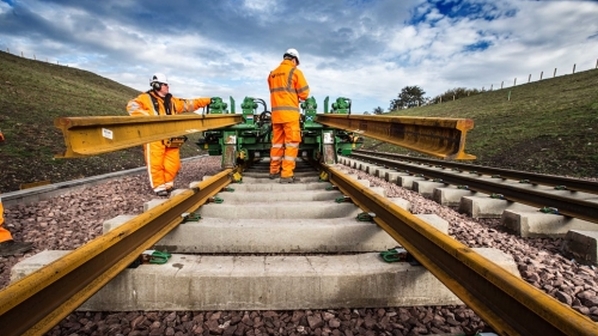ORR’s half year Network Rail Monitor, covering April to mid-October and published on November 29, shows punctuality and reliability at their lowest levels since the current five year control period began in 2014. Factors such as extreme weather and problems implementing the May 2018 timetable played a part in ORR’s verdict.
ORR says its own monitoring and a series of recent independent reviews into train performance highlighted numerous areas where NR and train operators need to improve.
“Evidence from these reviews indicate weaknesses specifically with both NR’s approach to performance planning and its capability to recover services following incidents,” the watchdog said in a statement. “ORR considers NR to appear to be contravening Licence Condition 1: Network Management.”
The provisional order issued on November 29 requires NR and its route managing directors to take urgent action to address these failings, requiring it to:
- step up engagement and work with train operators to review and develop actions to address the underlying causes that have led to the findings identified in the relevant reviews
- deliver a report to ORR by February 15 2019, detailing how it is identifying the common underlying issues relating to performance planning and its capability to recover service from incidents on its network. ORR also requires the report to address how NR is implementing the conclusions of its report, and
- provide ORR with subsequent and regular updates on the progress in delivering its report. The updates may include any interim findings and representations regarding the extent to which NR considers it is doing everything reasonably practicable to meet its obligations in relation to its performance management capability.
The monitor also includes NR progress towards preparing to deliver Control Period 6 (CP6), the five-year investment and funding period which starts in April 2019.
“Network Rail is in a better position than it was at this point five years ago to deliver the volumes of work required and improve efficiency,” ORR says. “In terms of where we expect the company to be, it has made progress establishing a more efficient work planning system, secured better access to the network for its engineering works and recruited more maintenance staff.
“However, NR’s plans to make efficiency savings are less advanced than they need to be and there is more to do in the four months before CP6 starts.”
ORR plans to issue another public report on NR’s progress in March 2019.
“Today’s decision is a clear demonstration of ORR’s approach to how we will hold NR to account,” says ORR chief executive, Mr John Larkinson. “Passengers and freight customers rely on NR for punctual and reliable train services and the evidence we have collected suggests to us that NR is failing to take all reasonable steps to effectively manage performance and recover from incidents on its network. This is a capability issue which must be addressed urgently. We need to act now, rather than wait for the end of the financial year, to ensure NR is ready for the start of the next control period, CP6, on April 1 2019.”
For more information on CP6, see the January issue of IRJ.

